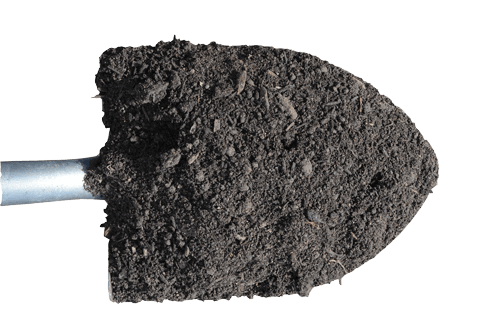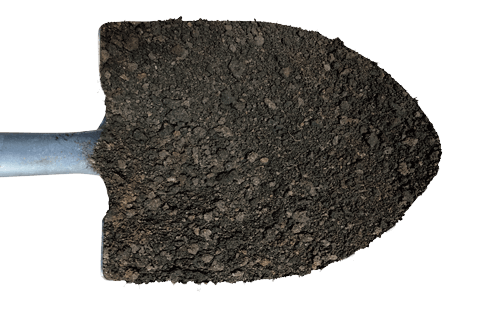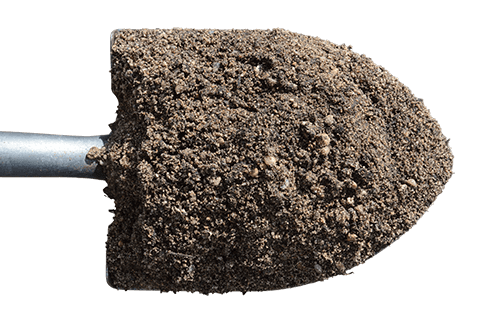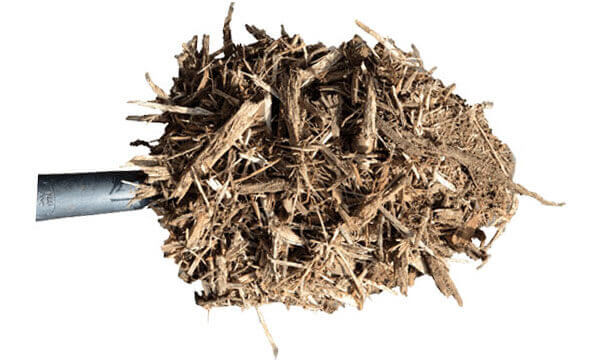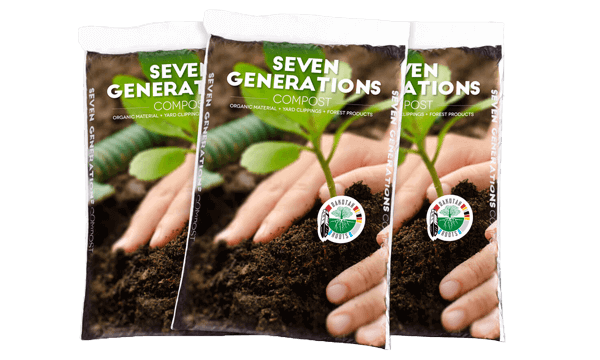The Benefits of Composting Your Christmas Tree
From colorful lights to decorative ornaments, live evergreen trees have been a beloved holiday tradition for generations. Bringing a fresh, pine-scented tree into your home fills the air with the spirit of the season and creates a magical atmosphere that makes Christmas truly special.
While Christmas celebrations vary around the world, it is Denmark that is the leading producer of Christmas trees, with 90% of its trees exported across Europe. In the United States, there are close to 350 million real Christmas trees growing on tree farms. Oregon is the number one producer of Christmas trees grown on tree farms, growing nearly 4 million trees every year or 30% of all the Christmas trees in the United States. Other top Christmas tree producing states include Washington, North Carolina, Michigan, Wisconsin, and Pennsylvania.
While many families experience the nostalgic joy of selecting the perfect tree, it is not as commonly known that Christmas tree farms offer significant environmental benefits. Tree farms behave a lot like forests as they clean the air, stabilize land, filter water, and reduce carbon. What’s more, real trees are biodegradable, offering sustainable disposal options like recycling and composting after the holidays.
As the twinkle of the season winds down, you might wonder what to do with your live tree. Composting your tree is an excellent way to give it a second life, turning it into nutrient-rich material that enriches soil and supports sustainable practices.
Why compost your Christmas tree?
- Reduces waste in landfills: Millions of trees end up in landfills annually, releasing harmful methane as they decompose. Composting diverts this waste and reduces the negative environmental impact. In Minnesota, a landfill ban on yard and tree waste has been in place since 1994, ensuring these materials are repurposed. However, many states lack similar regulations, meaning countless trees still end up in landfills across the country.
- Enriches soil health: Composting trees transforms branches and needles into organic matter that improves soil structure, retains moisture, and prevents erosion.
- Supports local ecosystems: Recycled trees enhance public green spaces, aiding plant growth and supporting wildlife.
- Encourages sustainability: Composting fosters eco-friendly habits and sets an example for others.
Where can I compost my Christmas tree?
Since 2013, the SMSC Organics Recycling Facility has been a leader in sustainable holiday practices, recycling over 3,187 Christmas trees from local residents and more than 19,000 from commercial businesses. This year, the free Christmas Tree Drop-Off program will run from December 26, 2024, through January 24, 2025, providing a simple way for community members to ensure their trees are responsibly repurposed. Just be sure to remove all decorations, tinsel, and flocking before dropping off your tree.
By bringing your Christmas tree to the SMSC Organics Recycling Facility, you’re helping to turn it into mulch or compost, giving it a second life as a valuable environmental resource. So, pour a warm cup of cocoa, curl up by the fire, and relax, knowing your tree will continue to give back to mother earth long after the holidays are over.

